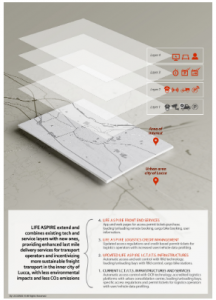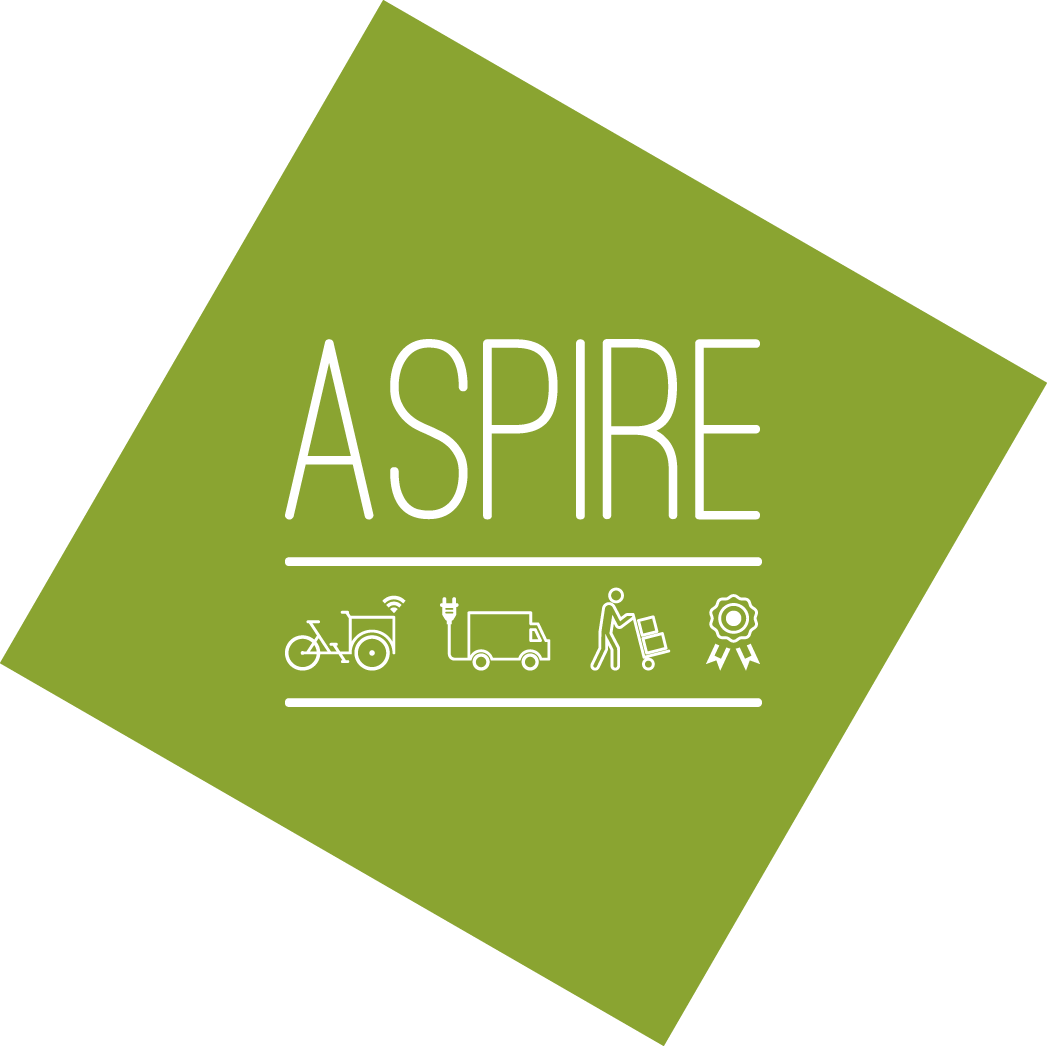A1. Context analysis review, stakeholder involvement and requirement consolidation
Starting from the current mobility and regulation context in Lucca, the main objectives of this action are:
- Consolidation of the already existing information baseline and dataset, both at logistics (i.e. n. and category of shops in the reference area, n. and category of commercial vehicles circulating, n. and length of delivery trips, etc.) and environment level (city logistics related pollution terms of NOx, SOx, CO2, CO, PM, etc.).
- Stakeholder involvement (with the set-up of the Cities & Stakeholder Supporting Forum – CSSF)
- Consolidation of the user requirements, based on the results acquired so far with previous projects and activities in Lucca: the innovative logistics measures/services will be investigated in terms of needs from the Local Authorities perspectives and from the standpoints of the different stakeholders and user categories involved in city logistics processes.
LIFE ASPIRE Technical and Scientific Committee TSC
In order to give a more technical imprint to the project, the LIFE ASPIRE consortium has decided to create also a Technical and Scientific Committee (TSC). The TSC:
- is a specialization of the CSSF and added value of the project;
- is composed of 11 active/effective members.
Please download here the list of the CSSF and the TSC of the project
The analysis will be performed by:
- building up an overview of the current scene and major trends in Europ in the field of advanced city logistics services and support conditions (form technologies to organization/operation dimensions)
- investigating in depth a few (3-5) real application cases that will be recognized as most similar to the context of Lucca area and related mobility policy. User needs analysis will be conducted, with the support of CSSF and with involvement of local stakeholders at the relevant institutional.
A2. Detailed design of ecosustainable urban logistic services and ICT solutions
In action A.2, a range of normative and eco-sustainable city logistics measures/services and supporting ICT for freight distribution process will be specified and designed. The action is focused on the definition of an innovative “credit based” access control policy which awards or penalises transport operators on the basis of different logistics factors.
Two innovative services will be designed:
- L/U parking bays service

- Cargo-bike sharing service
with a modular approach in a way that they can be implemented independently.
The design of support technologies (ICT) will include:
- the Logistics Credit Management Platform (LOCMAP)
- the integration and extension of access control system, enhanced by RFID technology, including the specific “Mobility Pass”
- the new LU/parking bays, equipped with sensors
- the new cargo-bike sharing stations, equipped with sensors
- the communication network between on-field devices and LOCMAP

